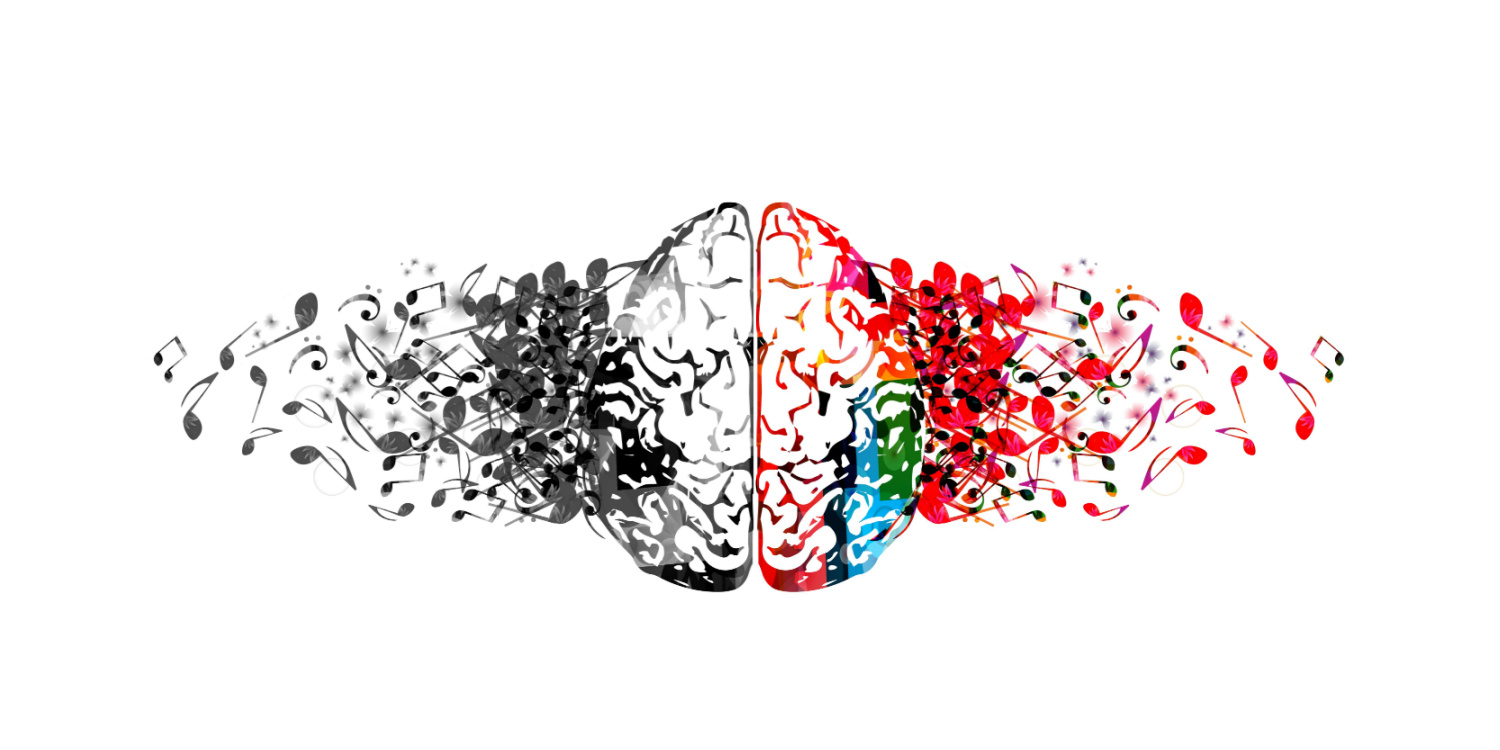Autism is a neurodevelopmental condition that affects communication, social interaction, and behaviour. While there is no cure for autism, various therapies and interventions can help individuals with autism to develop their communication and social skills. One of the most promising approaches for improving their overall quality of life is music therapy.

What is Music Therapy?
For individuals with autism, music therapy can be particularly effective for providing a structured and engaging environment for communication and social interaction. Sessions can be used to improve social skills, communication, and emotional regulation.
Music therapists work closely with individuals with autism, as well as their families and other healthcare professionals, to create individualised treatment plans that incorporate music therapy into their overall care plan. By working collaboratively with other healthcare professionals, music therapists can ensure that individuals with autism receive the care they need to thrive.
Benefits of Music Therapy for Autism
Music therapy has been shown to provide numerous benefits for individuals with autism. Some of the potential benefits of music therapy for autism include:
Improved Communication and Social Skills
Music therapy is an exciting way for individuals with autism to express themselves and interact with others. Activities such as singing, playing instruments, and improvisation can help individuals with autism to communicate more effectively and develop their social skills. In fact, music therapists can even use music to teach essential social skills such as turn-taking and joint attention.
Sensory Processing and Regulation
People with autism often struggle with sensory processing and regulation, which can lead to anxiety and other challenges. Fortunately, music therapy can help to address these challenges by providing a calming and predictable sensory experience. With the use of specific rhythms, tempos, and harmonies, music therapists can create an environment that’s conducive to sensory processing and regulation. This can be particularly beneficial for those who may struggle with sensory overload or find it difficult to regulate their emotions.
Emotional Regulation
Music therapy can also be an effective tool for emotional regulation, helping those with autism to manage their emotions and develop coping strategies. By using music to explore and express emotions, people with autism can develop a greater awareness and understanding of their feelings. Music therapists can also guide them to use music to learn relaxation techniques and other effective coping strategies.
Improved Cognitive Function
It's been shown that music therapy improves attention, memory, and problem-solving in individuals with autism. Using music-based activities, therapists can improve attention and memory by encouraging an individual to engage in activities that require focused attention and memory recall. Music therapy can also stimulate problem-solving and decision-making skills by encouraging individuals to create and explore music in new and creative ways.

Music Therapy Techniques for Autism
There are a lot of different music therapy techniques that can be adapted to meet the needs of individuals with autism. The following are some examples of music therapy techniques that work well.
Improvisation
Improvisation is a music therapy technique that involves creating music in the moment, without predetermined plans or structures. Improvisation can be a powerful tool, as it provides a structured and predictable environment for exploration and expression. Music therapists can use improvisation to encourage individuals with autism to experiment with different sounds and musical ideas, develop their creativity, and enhance their self-expression.
Songwriting
Songwriting is another effective music therapy technique. Songwriting involves the creation of original songs, and can be used to help individuals with autism to express themselves, develop their communication skills, and improve their emotional regulation. Music therapists can use songwriting to encourage individuals to create personalised songs that address their specific goals and needs.
Music Listening
Music listening is a simple but effective music therapy technique that involves listening to music with a specific purpose or intention. Music therapists can use music listening to help people to regulate their emotions, improve their focus and attention, and enhance their sensory processing. By selecting music that’s calming, energising, or otherwise appropriate for the individual's needs, music therapists can create a tailored listening experience that supports the overall goals.
Music therapy has been shown to be a powerful tool that can help individuals with autism in many ways. We offer a comprehensive Music Therapy Diploma Course that can equip you with the necessary skills and knowledge to become a qualified music therapist. This course covers a range of music therapy techniques and applications, including those specifically designed for individuals with autism. What’s more, it’s currently reduced from £127 to just £29.
Additionally, we also offer an Autism Awareness Course that provides a deeper understanding of autism and how it can be supported through various interventions, including music therapy. A great saving is also available on this course, as right now it’s reduced from £127 to just £29.
By combining these two courses, you can develop a comprehensive understanding of autism and how music therapy can be used to support individuals with it.




